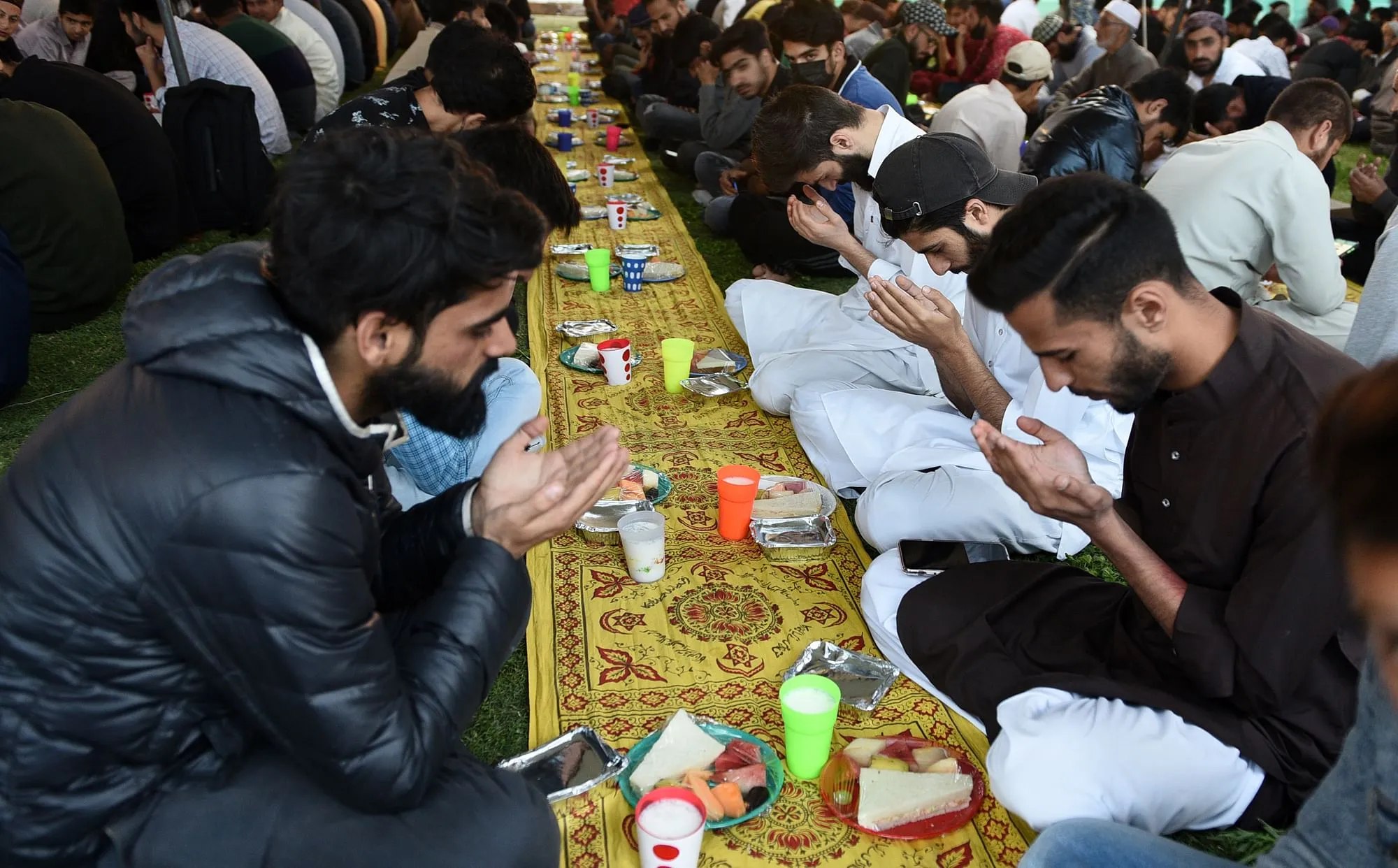Ramadhan, the 9th month of Islamic calendar, is now over. It is a month of many blessings: the month of Sawm/ fasting so that Muslims may be mindful of God, or achieve Taqwa; the month in which the Quran—the Last Divine Revelation, and Guidance, for the humankind—was revealed (Q. 2: 183, 185); the month in which Laylatul Qadr (Night of Glory/Power) falls, which has been described by the Quran as a Night “better than a thousand months” (Q. 97: 03). This is what the Qur’an says about this month.
In addition to this, in his “Ramadhan Sermon” the Prophet (SAwS) is reported to have said: “Allah has decreed this month the best of all months. The days of this month are the best among the days, the nights are the best among the nights and the hours during Ramadhan are the best among the hours” (Baihaqi on the authority of Salman al-Farsi [RA]).
In addition to that, this month is ‘Shahr al-Muwasaat’ (the month of sympathy/ compassion); that is, “it is a month for human beings to show kindness and concern for each other to help each other, and sharing their problems”.
A blessed month, it teaches us patience, persistence, humility and spirituality. Muslims ask forgiveness for their past sins, pray for guidance and help in refraining from everyday evils and vices, and try to purify themselves through self-restraint and good deeds in this month.
Therefore, this blessed month brings a change in Muslims’ in their usual way of living and behaviour. It acts as a period of training and self-assessment.
Moreover, the month of Ramadhan, which is full of blessings, acts as a period of training, learning, preparation, etc., for the believers; and the purpose of any kind of training/ learning is to apply it in one’s life after the training is over.
Same is the purpose of the ‘training period’ through which believers pass through in this blessed month, so that the same is applied in months to come. Therefore, Muslims should strive utmost to learn the lessons from the month of Ramadhan, get the proper training that it provides, and apply it in their lives as well.
This month, as a period of training and self-assessment, teaches us a lot. It teaches us about the spiritual reflection, prayer, charity, and doing good deeds; about effective lessons in applied moderation and willpower; and the principle of sincere love.
It equips us with a creative sense of hope and an optimistic outlook on life; imparts self-discipline, self-restraint and generosity; reminds us of the suffering of the poor, who may rarely get to eat well it grounds us in discipline and healthy survival; it originates in us the real spirit of social belonging, unity and brotherhood, of equality before God as well as before the law; it reminds us of being pre-occupied with the materialistic and superficial pursuits and how much deprived we are of the moral and spiritual needs of human soul; imbues in us the genuine virtue of effective devotion, honest dedication and closeness to God; it cultivates a vigilant and sound conscience in us; and (last, but not the least) it is “a Godly prescription for self-reassurance and self-control”.
Performing righteous deeds, giving charity, reciting and contemplating on the Qur’an, performing Qiyam al-Layl/ Taraweeh (night prayers) or offering nafl (additional) prayers, etc.,—the acts Muslims’ do abundantly in this blessed month—should not be restricted to Ramadhan only.
But Muslims’ should perform such activities in post-Ramadhan months as well, and that is what the true message of Ramadhan is; and that is how one can achieve real ‘Taqwa; and that is the true import and imprint of the spirit of this blessed month.
So, let’s try to refresh ourselves with the message of Ramadhan, and get the proper lessons from it, for it is part of our Faith.
The author is Assistant Professor, Islamic Studies, at GDC Sogam (Kupwara).
Disclaimer: The views and opinions expressed in this article are the personal opinions of the author.
The facts, analysis, assumptions and perspective appearing in the article do not reflect the views of GK.






